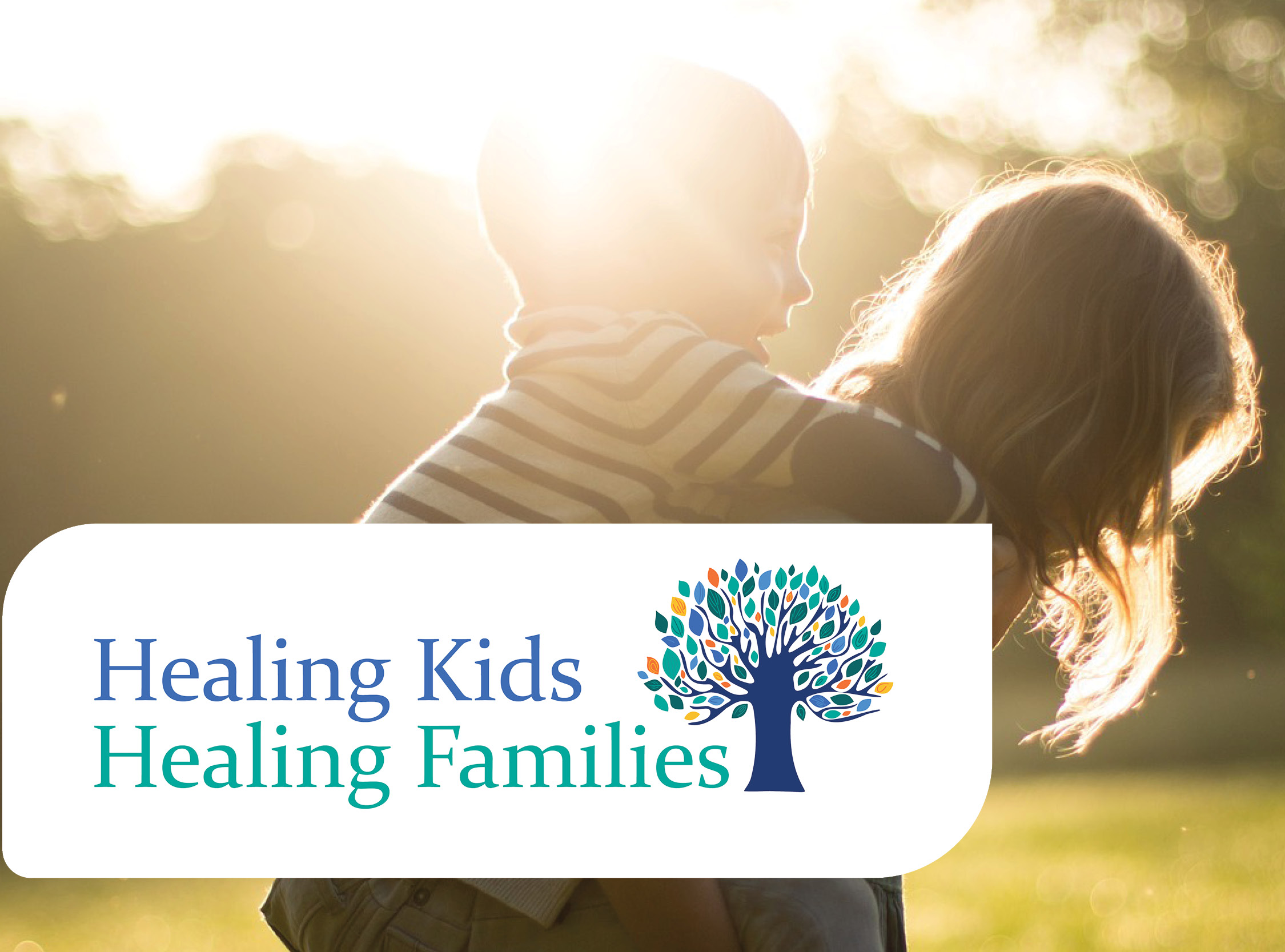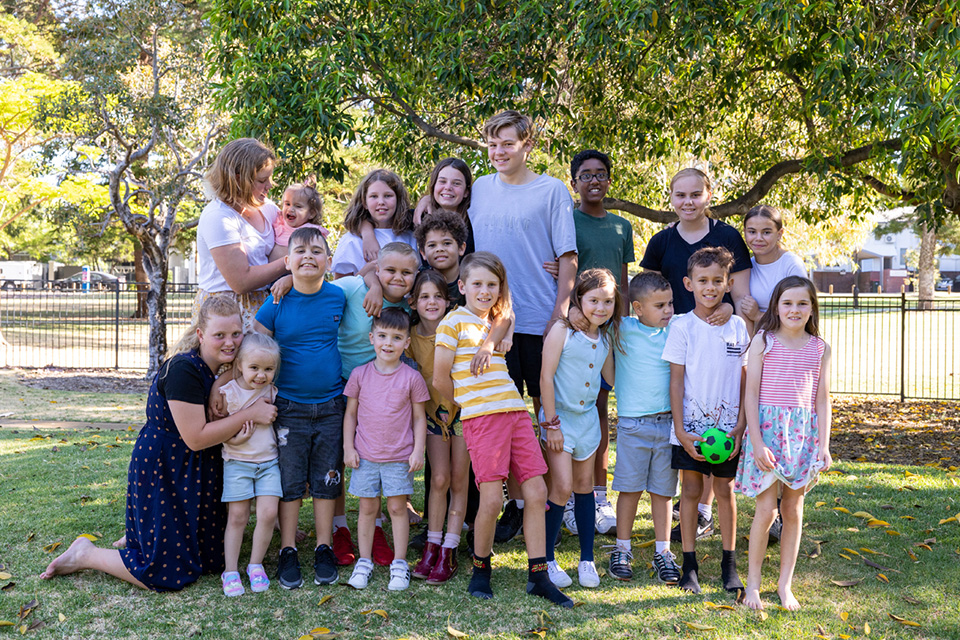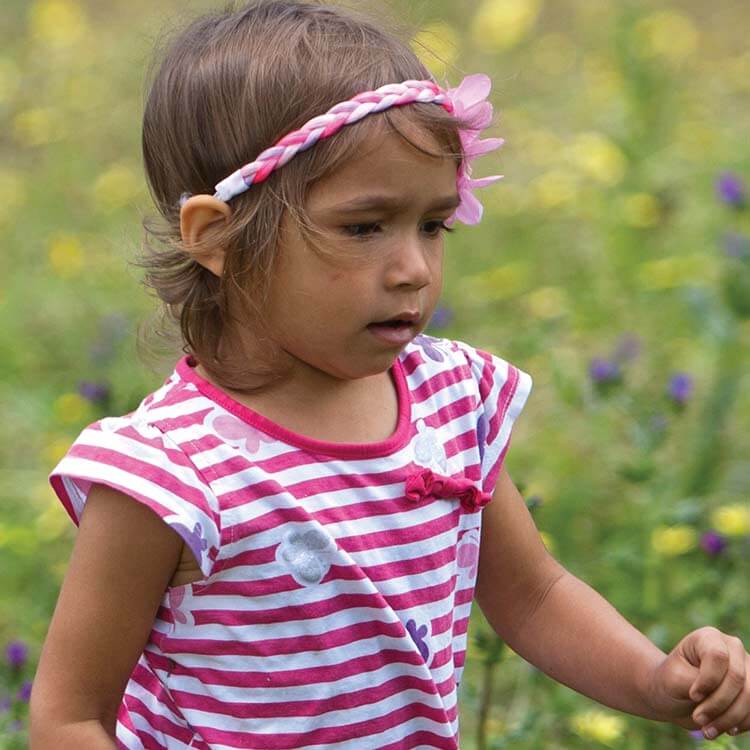How common are mental disorders?
Mental health disorders such as anxiety and depression affect approximately one in seven young people in Australia (Young Minds Matter Synthetic Estimates – May 2023).
One in five respondents to Mission Australia’s 2024 Youth Survey reported mental health as their biggest personal challenge in the past year.
Half of all mental illness begins before the age of 14, with most cases going undetected or untreated. Seventy-five per cent of people who experience mental illness develop symptoms before they turn 25. In Western Australia alone, suicide is the leading cause of death for young people aged 15-24 years.
Our research impact
Early Childhood
The period from conception to age 5 is critical to prevent mental illness and give children the best chance for a mentally healthy future. Our researchers work with families to ensure kids get the best start to life. Right now, we have projects focused on helping families to support toddler self-regulation, identifying ‘when to worry’ about mental health in early childhood, and designing new systems of infant and early childhood mental health care. One of these new systems is a support program for parents of young children to ensure they develop healthy screen time behaviours.
We also know the impact adversity and trauma can have on kids and families. It can compromise physical health, mental health, sense of wellbeing and young people’s learning. To give kids the best start to life, we are supporting their wellbeing after experiencing medical trauma. We’ve created wellbeing programs for kids and young people who have experienced a burn injury, and are now working on one for teenagers who have received a diagnosis for type one diabetes. We also want to support young families, so we’ve created a wellbeing program for parents whose babies have received care in the Neonatal Intensive Care Unit. Projects like these are just the start, as we work towards transforming the healthcare system to be trauma-informed and culturally responsive.
The Teenage Years/Adolescence
Similarly to early childhood, the teenage years have a profound impact on how we develop. There is so much variation in how teens fare across this period. By accessing large amounts of data on the mental and physical health of adolescents, we can recognise the best opportunities to provide early access to mental health care, ensuring young minds stay on the right track.
Children and young people face a range of challenges in their lives as they navigate education, friendships, family dynamics and the development of their identity. Some young people face additional difficulties due to marginalisation and require targeted support to help prevent or cope with mental health difficulties. It’s important to support the mental health and wellbeing of young people with the greatest need, and to focus on the issues that young people and their families prioritise. Our work has included the seminal Trans Pathways research, the largest survey of the mental health and care pathways of trans young people in Australia. Our Walkern Katatdjin program of research explores the social and emotional wellbeing of LGBTQA+ Aboriginal and Torres Strait Islander young people, with findings indicating elevated rates of psychological distress in this population. We are now developing a roadmap to support these young people to thrive.
We have developed Australia’s first set of guidelines to advise clinicians and community services on best practice for suicide prevention in LGBTQA+ young people. We have also evaluated the effectiveness of digital interventions for trans young people and those at risk of psychosis. Our work uses innovative approaches to reduce the frequency and impact of mental health difficulties in young people, reduce social and environmental risks and improve access to mental health support.
Aboriginal Health and Wellbeing
Aboriginal and Torres Strait Islander peoples have a holistic interpretation of mental health that includes the social, emotional and cultural wellbeing of the whole community.
It is within the whole community that each of us is able to achieve our full potential and thereby improve the wellbeing of our entire community.
We are working to improve cultural safety in mental healthcare settings, create a culturally derived parenting program for Aboriginal families, reduce disadvantage among Aboriginal children and families in Western Australia, and ensure Aboriginal voices are heard when discussions are held about how the system must meet changing demands.
Additional Family Support
We also understand the importance of research responding to those changing demands to better serve the community. That’s why we’re helping parents to manage their children’s screentime, supporting the use of online therapy services, supporting the mental health of FIFO workers and their families, and investigating the effects of COVID-19 lockdowns on children’s mental health.





